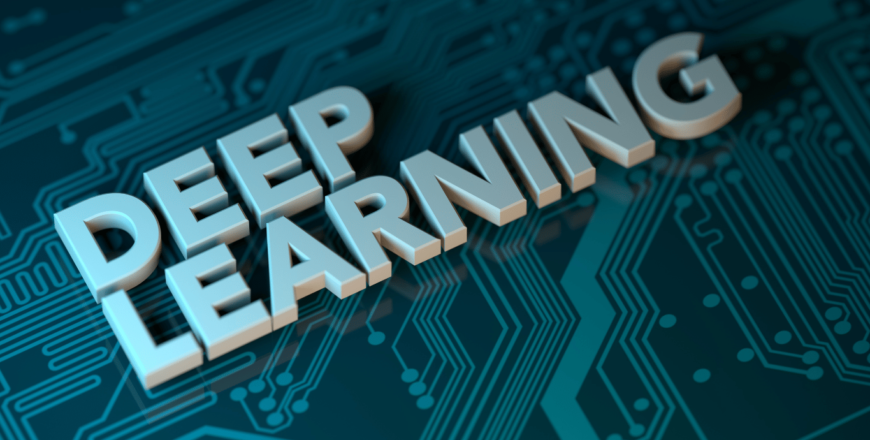Data Science with Deep Learning

Our Data Science with Deep Learning course is designed to equip you with the skills and knowledge to harness the power of deep learning in solving complex data problems. Whether you’re a beginner or have some experience in data science, this course will take you on a transformative journey to master the intersection of data science and deep learning.
In this course, you’ll dive into the fundamentals of data science, exploring key concepts such as data pre processing, feature engineering, and model evaluation. You’ll learn how to manipulate and prepare data for deep learning models, ensuring you have a solid foundation for advanced analysis.
Next, we’ll delve into the world of deep learning, covering essential concepts like neural networks, convolutional neural networks (CNNs), recurrent neural networks (RNNs), and deep reinforcement learning. Through hands-on exercises and projects, you’ll gain practical experience in building, training, and fine-tuning deep learning models.
We’ll explore popular deep learning frameworks like TensorFlow and PyTorch, providing you with the necessary skills to implement complex algorithms and architectures. You’ll learn how to leverage pre-trained models and apply transfer learning techniques to accelerate your deep learning projects.
Throughout the course, we’ll emphasize the real-world applications of deep learning in various fields. From image and speech recognition to natural language processing and recommendation systems, you’ll discover how deep learning is revolutionizing industries and driving innovation.
With deep learning skills, you can pursue roles like data scientist, machine learning engineer, AI researcher, or deep learning specialist. These roles are in high demand and offer lucrative career prospects as organizations strive to extract valuable insights from complex data.
Enroll now in our Data Science with Deep Learning course and embark on a transformative journey to become a proficient data scientist equipped with powerful deep learning skills.
Join us today and take the first step towards mastering data science with deep learning!



